23rd Dec 2024
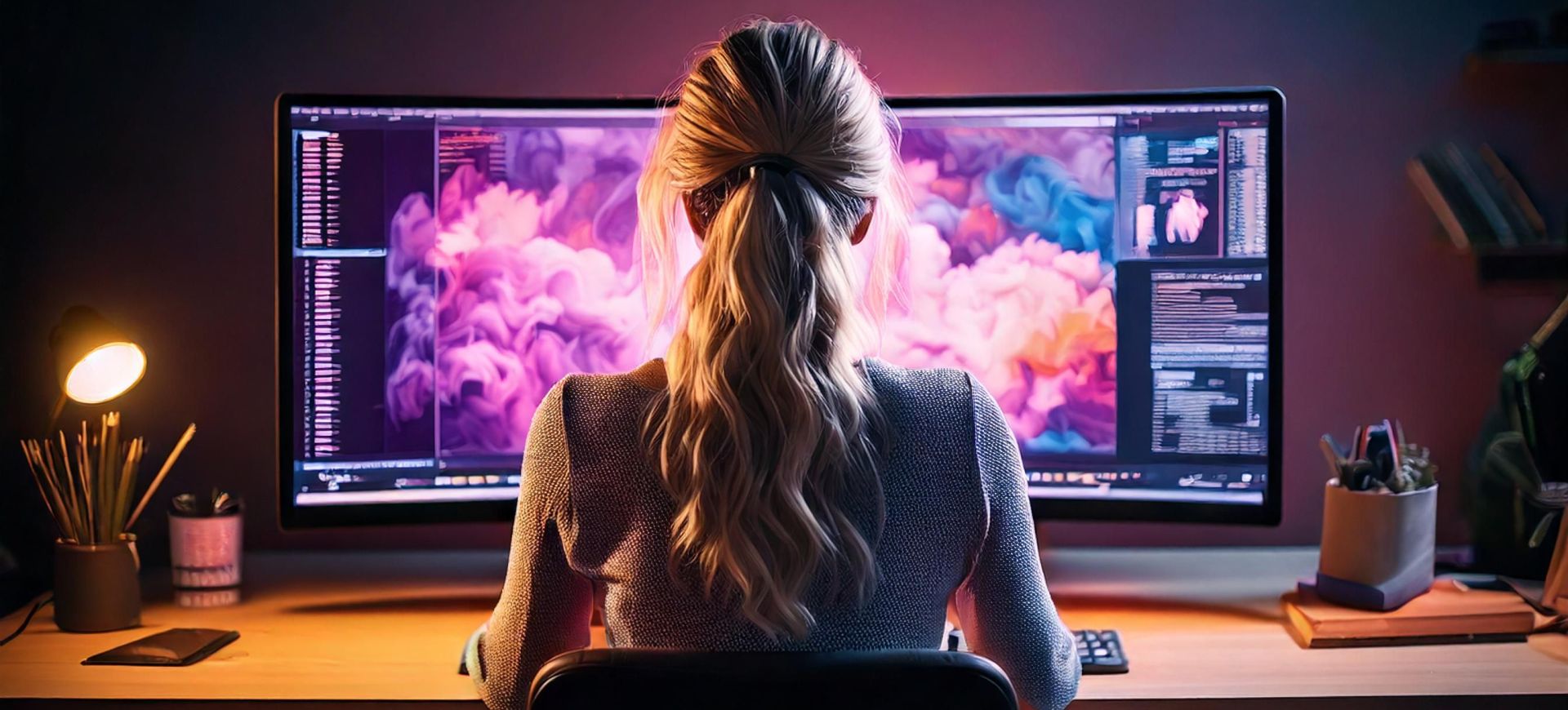
23rd Dec 2024
While AI-powered generative design isn’t exactly a new concept, it’s quickly becoming an incredibly useful tool in the world of design. What started as a fun tool for creating viral, quirky images, has evolved into something far more powerful.
Generative AI is helping designers across industries streamline their workflow and produce high-quality designs much faster than before. It’s not just about creating images anymore, AI is also contributing to video, interactive content and even branding strategies. According to Creative Boom’s report on how design agencies are using AI, many agencies have already incorporated AI into processes such as idea generation, prototyping and mockups.
Example: Adobe Photoshop offers a generative fill option, enabling its users to enhance their images using AI.
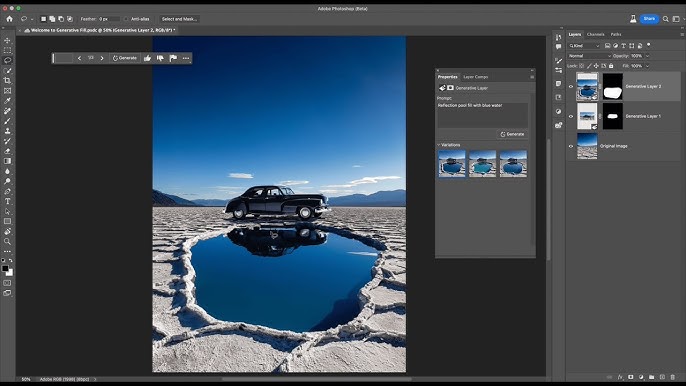
Despite the rise of AI, it’s also expected that we’ll be seeing a return of human-centric designs. With technology taking up more space in our lives, the push is now to create designs that resonate emotionally and authentically with audiences.
Brands are increasingly opting for lo-fi, raw designs that connect with audiences on a more personal level. The polished, curated content of past years is being replaced by unfiltered, real moments. In 2025, we can expect to see more brands adopting this approach, incorporating user-generated content, or embracing a ‘perfectly imperfect’ aesthetic that speaks to an audience that desires a level of authenticity.
Example: Snapchat’s campaign that aimed to differentiate themselves from social media platforms and position itself as ‘post-social media’.
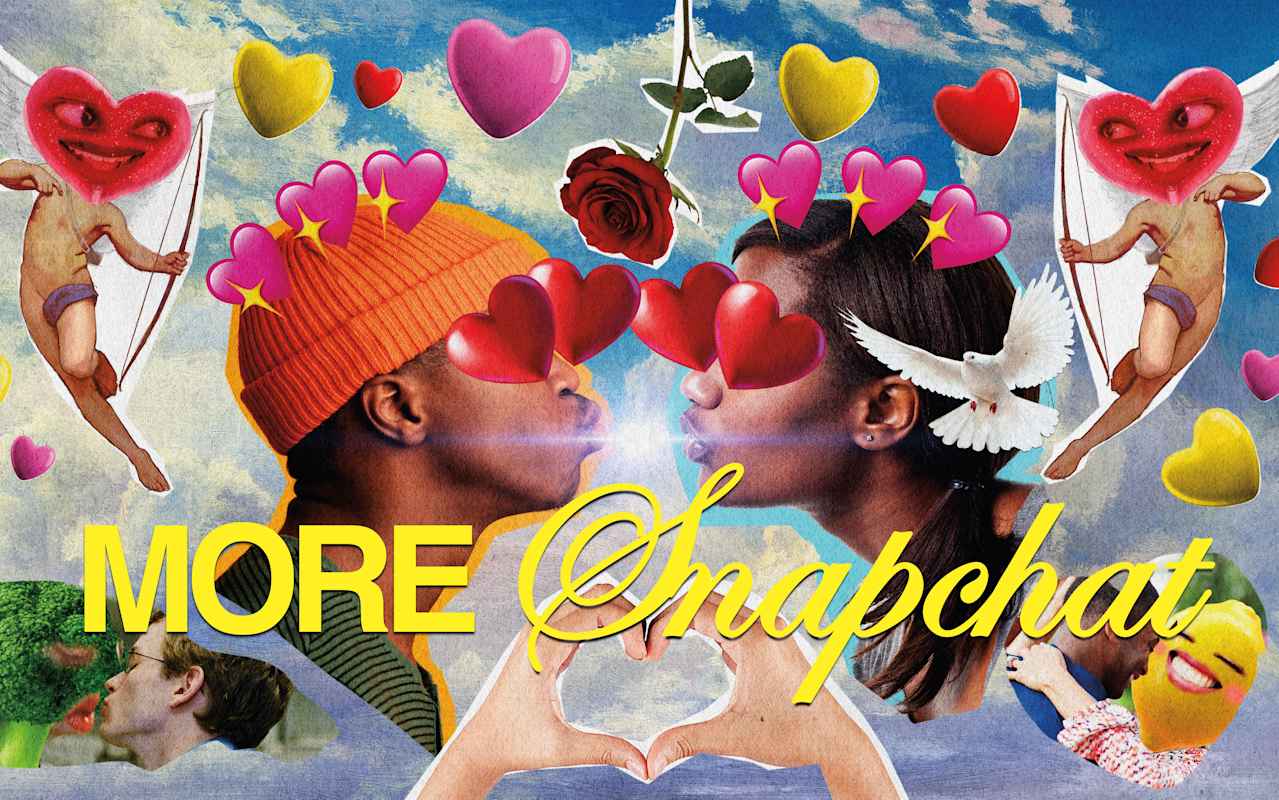
When it comes to design in 2025, the written word is going to play a much bigger role. As AI tools become better at generating visual content, crafting thoughtful, impactful written content will be more important than ever. Rather than relying on visuals and illustrations to lead the design, typography will influence the entire design process. Designers will experiment with innovative typographic ideas, allowing the written word to take centre stage. We can expect to see more creative uses of typography, where the design isn’t just about making the text legible, but about using it as a primary visual element.
Example: Hemingway Design’s poster for The Good Business Festival.
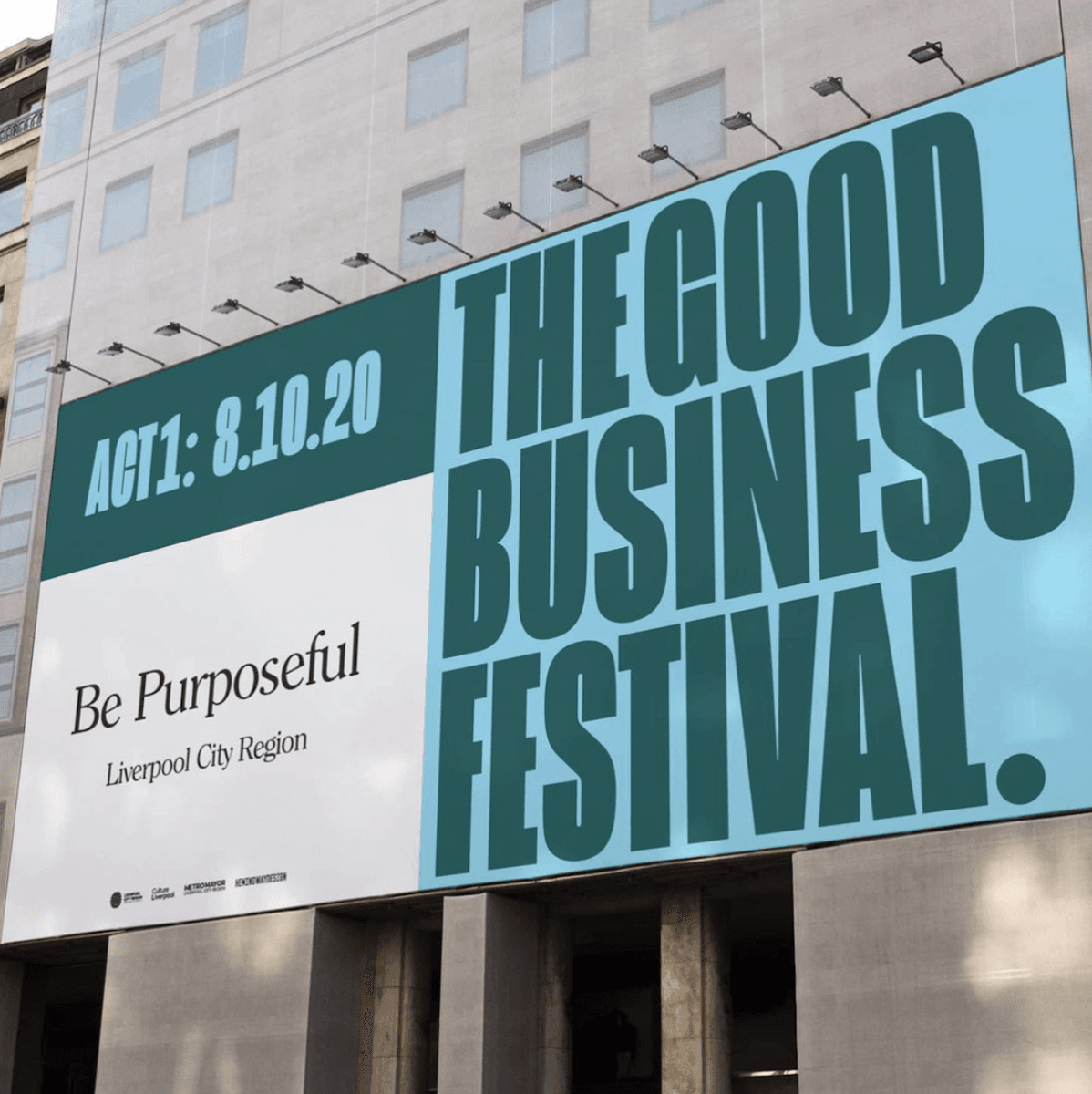
2025 will see a continued departure from traditional colour rules, with designers and brands using more ‘out there’ and experimental colour combinations. Mismatched, clashing colours might not initially seem to work together, but when paired, they create memorable and eye-catching visuals.
Similarly to the human-centric trend, these colour combinations are about embracing contrast and imperfection. Bright, bold colours are being paired with funky, oversized fonts and unexpected shapes, making for designs that stand out and really make a statement. This trend is all about experimentation, combining colours and designs that feel playful, new and outside the box.
Example: A great example of this trend is Jaguar’s ‘Copy Nothing’ campaign. The advert features a group of people wearing very bright, colourful and flamboyant clothing.
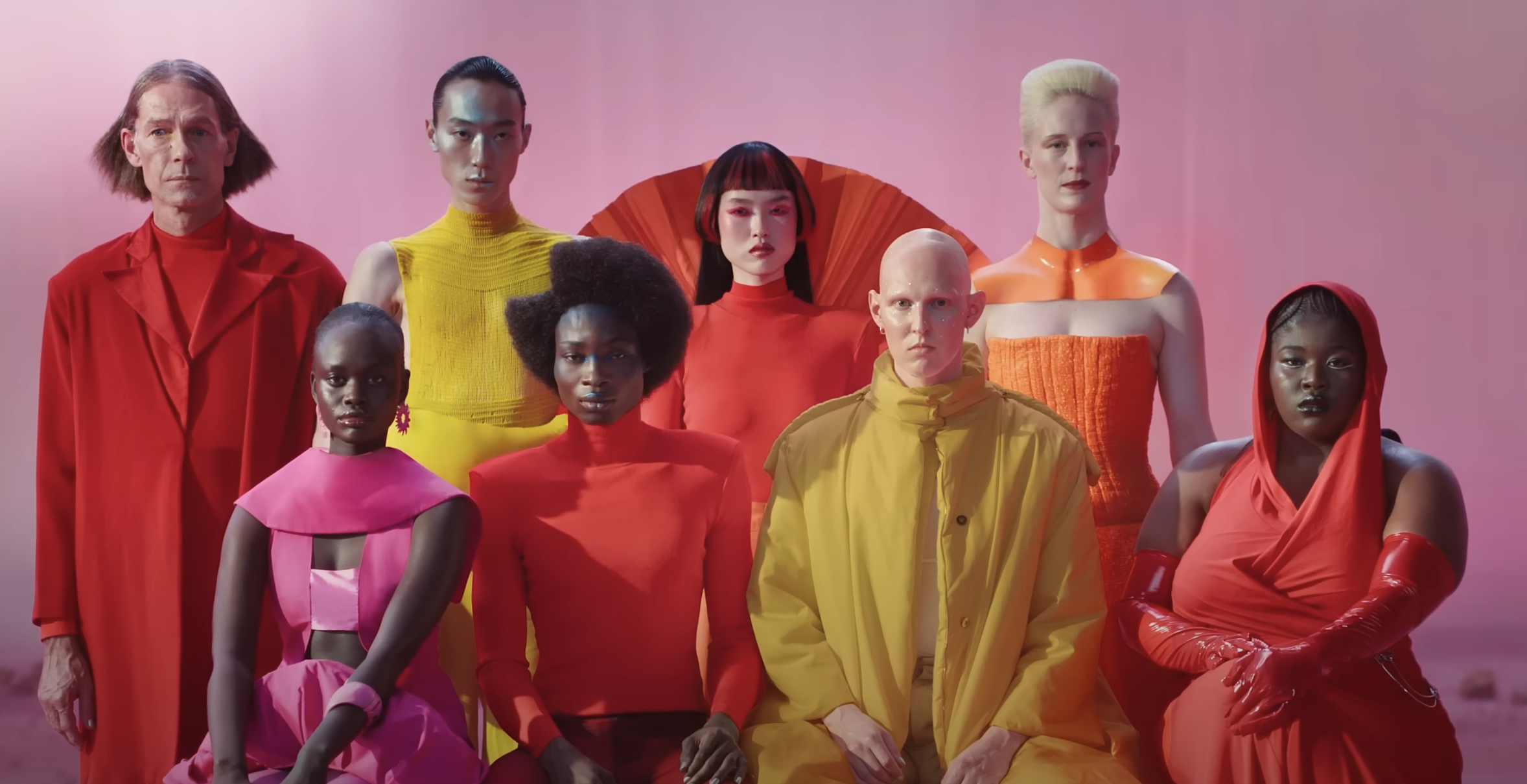
The bold minimalism trend is a continuing trend from 2024 that we included in our ‘2024 Trends to Watch’ blog post. We expect to see more of this modern trend in 2025, where clutter is stripped away and bold, minimalistic designs are used. This trend isn't about empty space of subtlety, it’s about making bold statements using the fewest elements possible.
Expect to see designs that rely on a simple but powerful use of typography, with single words or short phrases acting as the focal point of a design. In comparison to traditional minimalist styles, which often use muted colours and subtle graphics, bold minimalism embraces striking visuals and solid, attention-grabbing fonts. This trend focuses on simplicity but with a more overt, confident approach.
Example: Nike’s ‘Winning isn’t for everyone’ campaign.
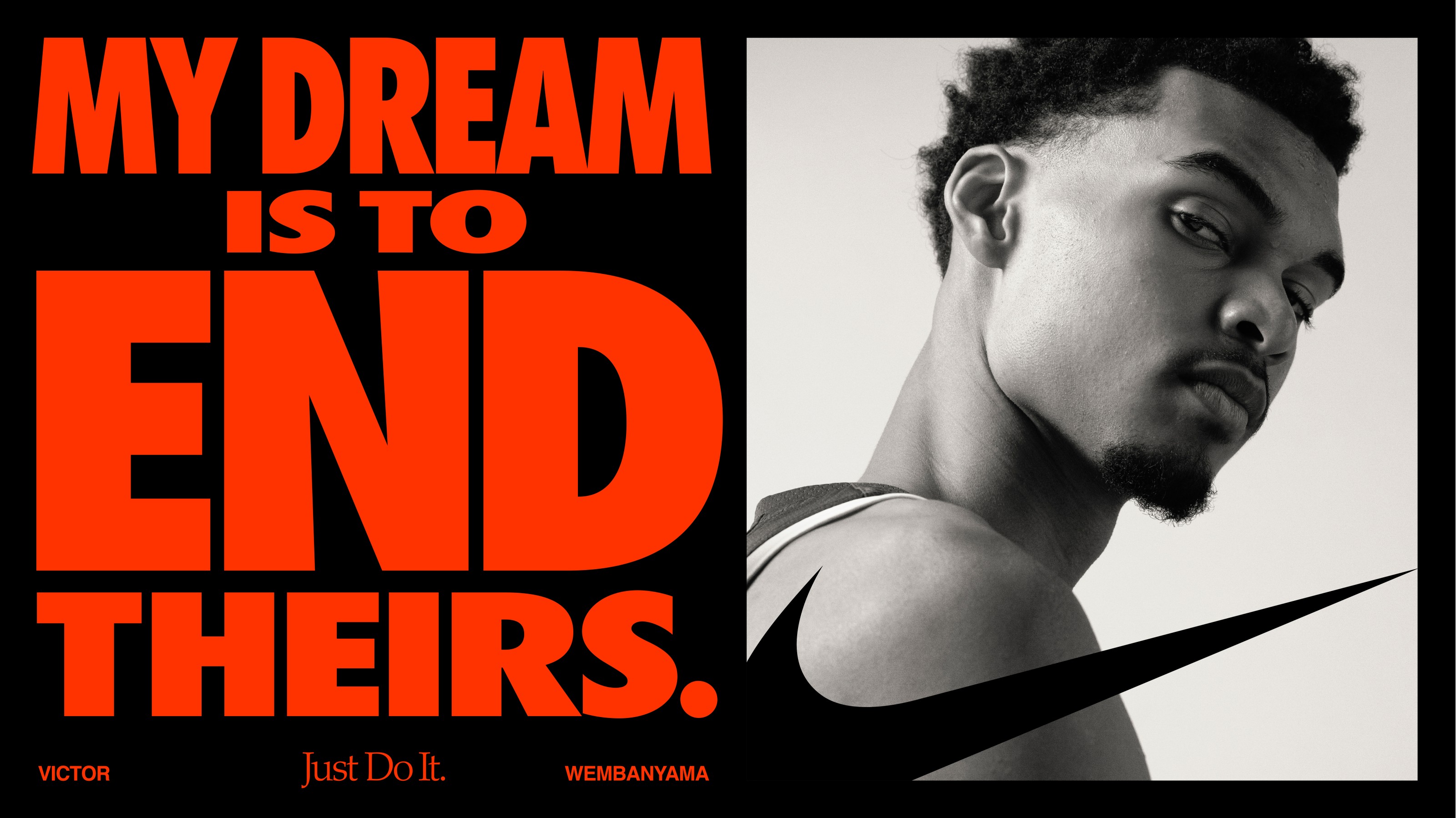
In 2025, graphic design seems to be on the verge of some big changes. Whether this is through the use of AI to streamline workflows, a return to human-centric designs that emphasise authenticity, or the bold use of colour and typography, designers will have more freedom to innovate and experiment.
The future of design is bold, experimental, and deeply connected to both technology and human emotion. Designers who embrace these trends will have the opportunity to create memorable, impactful work that resonates with audiences and shapes the next era of visual communication.
If you’re looking to adopt any of these trends in your 2025 brand designs and visuals, head over to our Design page to learn more about how we can help you achieve this.